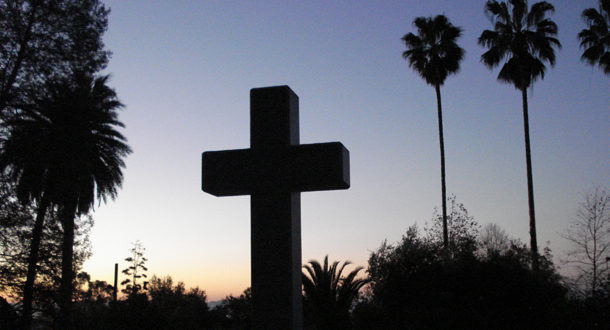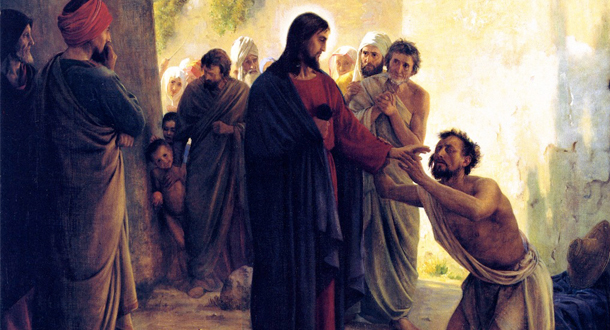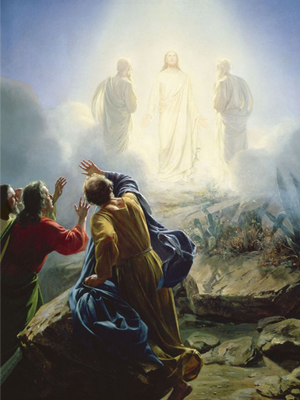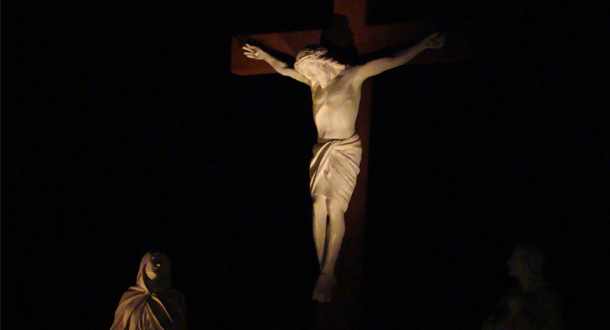
Scripture:
Isaiah 1:10, 16-20
Matthew 23:1-12
Reflection:
“Come now, let us set things right,
says the LORD:
Though your sins be like scarlet,
they may become white as snow;
Though they be crimson red,
they may become white as wool.
If you are willing, and obey,
you shall eat the good things of the land;
But if you refuse and resist,
the sword shall consume you:
for the mouth of the LORD has spoken!”
When I reflected on today’s Scriptures, the word that jumped out to me was “willing”. In the first reading from Isaiah, the writer says “let us set things right….if you are willing”. In the Gospel, Jesus give examples of people who were unwilling to “walk the talk” and lived out a superficial and even hypocritical religiosity. Jesus says: “they preach but they do not practice”.
The Twelve Steps used in Alcoholics Anonymous (and now for other addictions as well) have helped millions “set things right”. The turning point for many is the Third Step: “We made a decision to turn our WILL and our lives over to the care of God as we understood God”. Often this step is taken after many years of suffering and a crash to a bottom. Many addicted people take this step not yet knowing or understanding the unconditional love of God described in today’s first reading from Isaiah: “Though your sins be like scarlet, they may become white as snow. Though they be crimson red, they may become white as wool.”
We do not have to suffer from an addiction to take this step, over and over again, and especially during Lent, as we turn our lives over to the care of God.
Patty Gillis is a retired Pastoral Minister. She served on the Board of Directors at St. Paul of the Cross Passionist Retreat and Conference Center in Detroit. She is currently a member of the Laudato Si Vision Fulfillment Team and the Passionist Solidarity Network.







